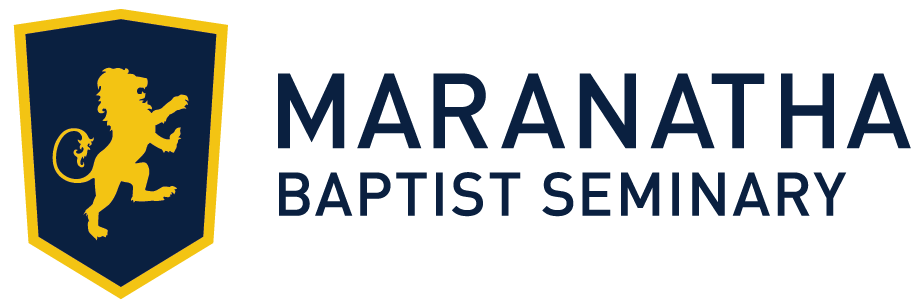Offered On-Campus
Offered Online
Every Bible student needs a gateway for theological research. The tools below can be used to broaden, narrow, or refine your research by accessing credible books and articles for in-depth study. Each student would do well to become familiar with these tools, first by perusing their descriptions and then by practicing their application.
Cedarholm Library catalog. This is a helpful place to start because it catalogs resources within our library. This can be accessed through OPAC or by using our library reference computers. Should you use this feature, you may select one of two search options:
- Simple search: This may be a good place to start if you have not yet collected the details of your topic (i.e., “Christology” vs. “The True Image by Philip Edgcumbe Hughes”).
- Advanced search: This assumes a fairly specific knowledge of your topic. You can match search options such as “author,” “title,” or “subject.”
Federated searching. This is the library’s most comprehensive search option. Thousands of respected books, journals, and articles are organized according to discipline, pulling from the nation’s best databases. “Religion” is the category most often used for theological research.
- Once you select your category, you may enter your search terms (e.g., “dispensationalism”). You may also choose between “full-text articles” and “peer-reviewed” articles. This will limit your search (not all articles are full-text or peer-reviewed), but will give you the advantage of reading an article online or seeing what others have to say about an article.
- You may then click “search,” and the bibliographic information will be listed for each result according to database. After checking the box of those results which may be helpful to you, you may print, save, or e-mail your new resource list.
- You may wonder if certain journals are in our library (if the full-text is not available online). Many of the journals that may appear in your federated search are housed in our library.
Inter-library loan. You may find an interesting article that is not full-text and not in our library. First, if this article is available in the Wiscat database, you may click “view” and then “request this item.” The article should arrive in the library within two weeks. If the article you want is not in Wiscat, simply gather the details of the article you want (journal title, article title, author, page numbers, issn, etc.), and enter them on Wiscat using a blank request form. (Click on “Inter-library loan,” then “Wiscat,” “begin,” “search” [after entering your search terms] and “blank request.”) You may also give your information to the inter-library loan librarian, and the the librarian will process your request.
Theological journal online. This is another incredibly valuable and convenient research tool available to Maranatha students. You may access this online database by scrolling to the bottom of the federated search page and clicking on “theological journal online.” This gives you the option of searching and viewing conservative scholarly journals such as Maranatha Baptist Theological Journal, Bibliotheca Sacra, Master’s Seminary Journal, Westminster Theological Journal, and others. After you enter your search terms and click “search,” you may click on any interesting title and the whole article will appear.
Bible computers. For a brief introduction to the capabilities of these computers, please visit the library’s Bible research software page. Here you may also access a listing of the available programs and titles on these computers. These computers facilitate exegetical research especially, but are also fast and useful in the arena of historical research. These computers may also aid the counseling student as they contain a complete listing of The Journal of Biblical Counseling (1977-2005). Students who use these computers should plan on using the sign-up sheet to ensure a convenient time of research (though they are often open).
Logos. Today’s premier electronic Bible research and study tool is available on our Bible computers and often engenders many questions. Please never hesitate to ask a librarian if help is needed. Logos has, however, made available many helpful tutorials which can be accessed by clicking on any of the following links. Every serious theological student should take at least some time to browse these:




